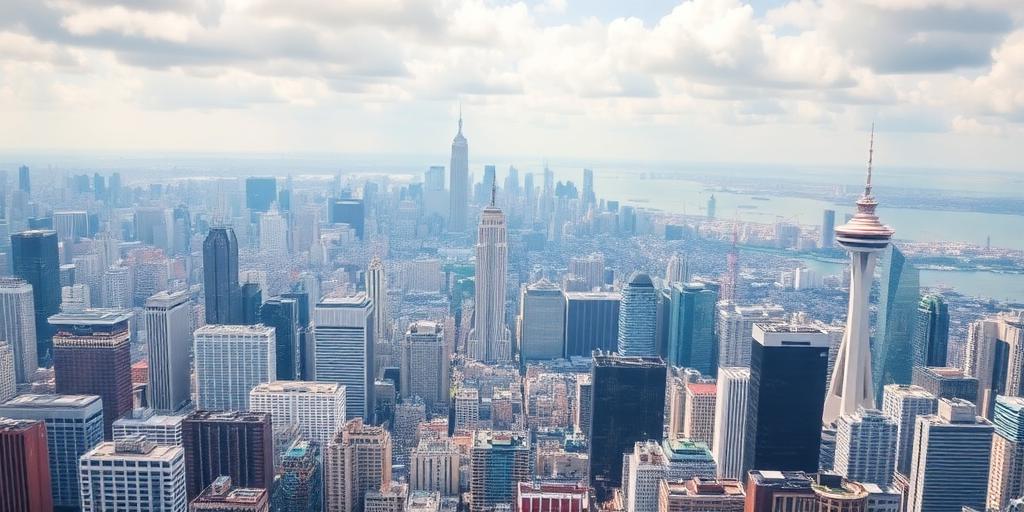The Geopolitics of Urbanization
Urbanization, the increasing concentration of human populations in urban areas, is not merely a demographic trend; it is a powerful force reshaping the geopolitical landscape. The growth of cities influences international relations, economic power, and even security dynamics. This post explores the multifaceted ways in which urbanization and geopolitics intersect.
Economic Power and Influence
Cities are hubs of economic activity, innovation, and trade. Their concentration of resources and talent often translates into significant economic power. For example:
- Global Cities: Cities like New York, London, Tokyo, and Shanghai serve as command centers of the global economy. Their financial institutions, multinational corporations, and stock exchanges wield immense influence over international financial flows and trade policies.
- Emerging Markets: Rapid urbanization in countries like China and India has fueled their economic rise. Cities in these nations are becoming increasingly competitive on the global stage, attracting foreign investment and driving technological innovation.
This economic clout allows cities to exert influence beyond their national borders. They can shape international trade agreements, attract foreign direct investment, and even set global standards in areas such as finance, technology, and sustainability.
Geopolitical Competition and Cooperation
Urbanization also affects geopolitical competition and cooperation in several key ways:
- Resource Scarcity: Rapid urban growth can strain resources such as water, energy, and food, leading to competition both within and between nations. For example, cities located in arid regions may face water scarcity issues that require international cooperation to resolve.
- Migration Flows: Urban areas are often the primary destinations for international migrants. Large-scale migration can create both opportunities and challenges, affecting social cohesion, labor markets, and political stability in both sending and receiving countries.
- Climate Change: Cities are both major contributors to and primary victims of climate change. Coastal cities are particularly vulnerable to rising sea levels and extreme weather events, necessitating international cooperation on climate mitigation and adaptation strategies.
Urban Security and Stability
The security and stability of urban areas are increasingly intertwined with broader geopolitical trends:
- Terrorism and Extremism: Densely populated urban areas can be attractive targets for terrorist attacks. Cities must invest in security measures and intelligence gathering to mitigate these risks.
- Social Unrest: Inequality, poverty, and lack of opportunity in urban areas can fuel social unrest and political instability. Governments must address these underlying issues to maintain order and prevent conflict.
- Cybersecurity: Cities are increasingly reliant on digital infrastructure, making them vulnerable to cyberattacks. Protecting critical infrastructure and data is essential for maintaining urban security.
The Future of Urban Geopolitics
As urbanization continues, its geopolitical implications will only grow more pronounced. Several key trends are likely to shape the future of urban geopolitics:
- Rise of Megacities: The number of megacities (cities with populations over 10 million) is projected to increase, concentrating even more economic and political power in urban areas.
- Smart Cities: The adoption of smart city technologies will enhance urban efficiency and resilience but also raise concerns about data privacy and security.
- Urban Diplomacy: Cities are increasingly engaging in direct diplomacy with one another, bypassing national governments to address shared challenges such as climate change and migration.
Conclusion
The geopolitics of urbanization is a complex and evolving field. As cities continue to grow and exert their influence on the world stage, understanding these dynamics will be crucial for policymakers, businesses, and citizens alike. By addressing the challenges and harnessing the opportunities presented by urbanization, we can create more sustainable, equitable, and secure urban futures.









